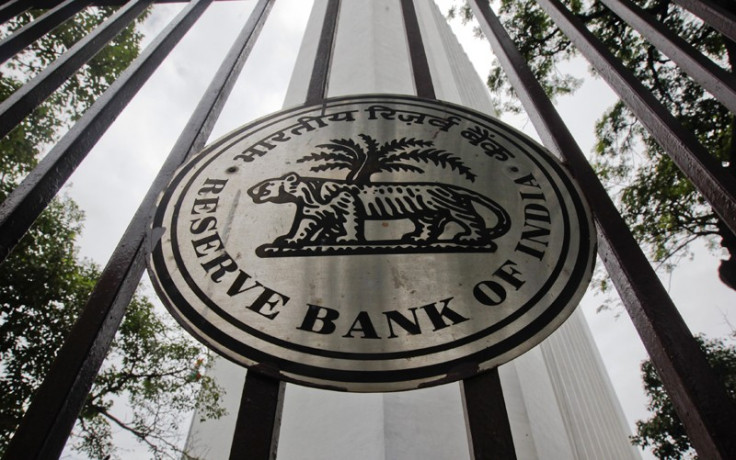Eurozone and Middle East: Asia is Facing a Double Whammy

While discussing the ongoing turmoil in the eurozone, former British prime minister Tony Blair told a TV show: "There had never been a tougher time for a leader than right now." In fact, Blair's words are so significant and ominous that they apply to any nation-state anywhere in the world in the backdrop of the current political and economic scenario.
The simultaneous, twin-crises that have gripped the world - the financial meltdown that looms over the EU and the political unrest in the Middle East - are sure to have a rippling, cross-continental impact.
Asia was more or less immune to the aftershocks of the American recession of 2008-09 due to various reasons. In fact, China was able to muster the maximum political and economic mileage out of its disputes with the U.S. over its currency and interest rates. Many experts owing allegiance to the West had even accused China of booming at the cost of the U.S.
India, another big player in the continent, too was able to weather the 2008-09 storm to a great extent. While a strong public sector effectively prevented a banking collapse, the immense potential of the domestic market was able to sustain the industrial activity.
Fortunes have undergone a radical overhaul since then. Now, with the world facing one of the worst phases of instability since the Great Depression, Asia will have to wage a battle on two different fronts - the downturn in the eurozone and the oil unrest in the Middle East.
The latest figures released by India's commerce ministry showed that the benchmark wholesale price index rose 9.73 percent in October, marginally higher than 9.72 percent in September. The tendency has been attributed chiefly to the continuing spike in fuel prices and the subsequent food inflation.
Figures that came out last week also showed that India's industrial sector grew at its slowest pace - just 1.9 percent - in two years. High interest rates and also the ongoing turbulence in the eurozone seemed to have weighed heavily on the country's factory activity. China's export sector too grew at the slowest pace in almost two years, apparently due to the slump in demand resulting from the eurozone turmoil.
In the Middle East, oil activity is facing major hurdles in the form of supply disruptions in Yemen and Syria which continue to be on the boil. An escalation in Iran's nuclear programmes may bring about a full-blown oil crisis, pushing the prices to alarming levels. In the present scenario, persistently high oil prices will be too much for the global economy to withstand. The spike may spark a major slowdown in China and India, and even in the U.S.
Further, China's public sector banks have been cautioned by the International Monetary Fund against growing risks that might hamper growth. Analysts fear that state-owned banks face a potential rise in toxic loans. This could trigger a collapse of lenders, it has been pointed out.
Eurozone leaders are working overtime to save the single currency. The knock-on effects of a potential euro collapse will be felt even in healthy economies elsewhere in the world, say experts.
The news that Japan has come out of recession after the devastating earthquake in March and recorded a 1.5 percent growth in the third quarter could not have come at a more opportune time. The dip in China's October inflation is another positive development. China's annual monthly inflation is on track to fall below five percent before the end of the current year, according to estimates.
But, if the ongoing turmoil in the EU and the Middle East eventually triggers a global slump, it may not be easy for Asia's policymakers to arrest a drastic meltdown in their backyard.
© Copyright IBTimes 2025. All rights reserved.





















